Apple, Google and other parties accused of being involved in an illegal "no-poach" employee policy may be on the verge of settling the class-action complaint, after the judge overseeing the lawsuit has given initial approval for their proposed $415 million settlement.
Defendants in the case agreed to a smaller $324.5 million settlement last April, but Judge Lucy Koh rejected the offer after hearing objectives from one plaintiff, Michael Devine, who said Apple and others should "pay their fair share." Apple and the other parties later upped their settlement offer to $415 million in January of this year.
That increase appears to be enough for Koh, who said this week that she was satisfied with the $415 million offer, according to the Associated Press. If all goes as expected, final approval will be given at a hearing on June 9.
The other parties accused in the complaint are Intel and Adobe. Employees working for the four Silicon Valley firms sued their employers over alleged anti-poaching mandates enacted by executives, including late Apple cofounder Steve Jobs.
Earlier in the suit, other codefendants included Intuit, Pixar, and Lucasfilm. They settled out of court for $20 million, and the terms of that settlement helped, in part, to justify Koh's rejection of the initial $324.5 million proposal from the remaining companies.
In the complaint, the employees said the companies in question effectively put a cap on their salaries through various no-poach tactics, including "do not call" lists, emails, and intra-office communications.
Apple and the other companies were also the subject of a U.S. Department of Justice investigation and lawsuit over the same supposed anti-competitive agreements. That also ended in a settlement in 2010.
 Neil Hughes
Neil Hughes

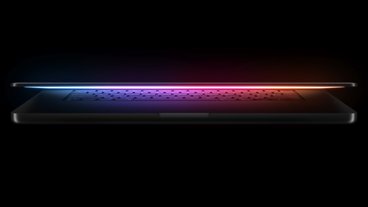


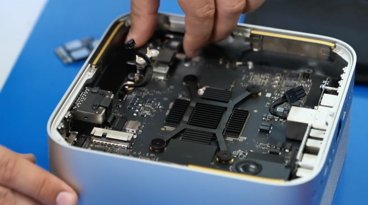


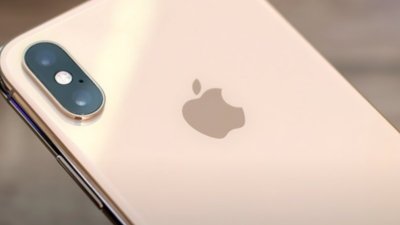
 Malcolm Owen
Malcolm Owen
 Christine McKee
Christine McKee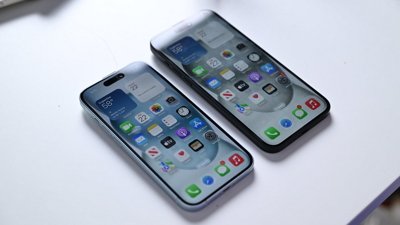
 Andrew Orr
Andrew Orr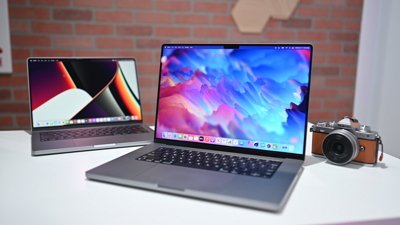
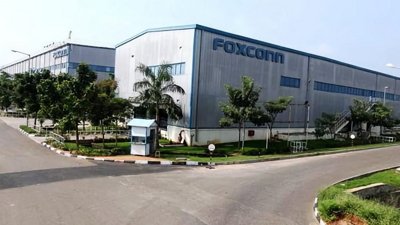
 William Gallagher
William Gallagher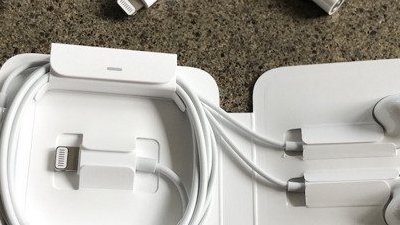
 Charles Martin
Charles Martin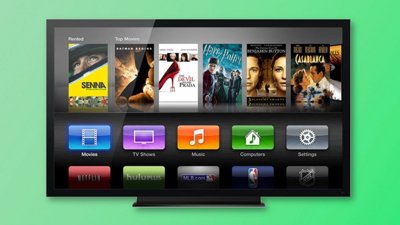










4 Comments
A little over 2 days profits....not bad
18,000,000,000 / 90 = 200,000,000
SO the judge is ruling passed on someone's objectives? Or was that her objective all along? And if resisting poaching is such a horrible thing, does that mean that the other suit against Apple for engaging in the practice is going to be tossed?
Where is my ? apple vs Samsung lawsuit
What some people don't realize is that these companies tell their employees that the basis for employee compensation is a survey of "peer" companies. I.e. if average annual salary raise among peer companies is 5%, then the company will give it's employees something close to that. In a "free" market, companies try to retain employees by offering higher compensation and competitors try to lure employees by offering higher compensation. With the anti-poaching agreement, the peers aren't offering higher compensation to lure employees from specific companies, at least, and since the opportunities to move to competitors are lower, they have less incentive to offer the higher compensation to retain employees. Consider that if the average salary of affected employees was $100K and average raise was held down by 0.5% per year for the 5-year period from 2005 through 2009, then each employee lost about $23K until now. Remember that a raise is cumulative every year. A 0.5% raise is only $500 more in 2005, but it's an extra $500 every year from 2005 to 2015. The companies are getting off cheap. Employees participating in the lawsuit will be getting less than $5K on average, compared to around $30K each that the suit asked for (tripled to $90K if found as anti-trust). Actual loss of income is likely somewhere between. What sucks the most is that as icoco3 pointed out, the penalty is peanuts for the companies. There's no incentive to not do it again because the rewards far outweigh the penalty.